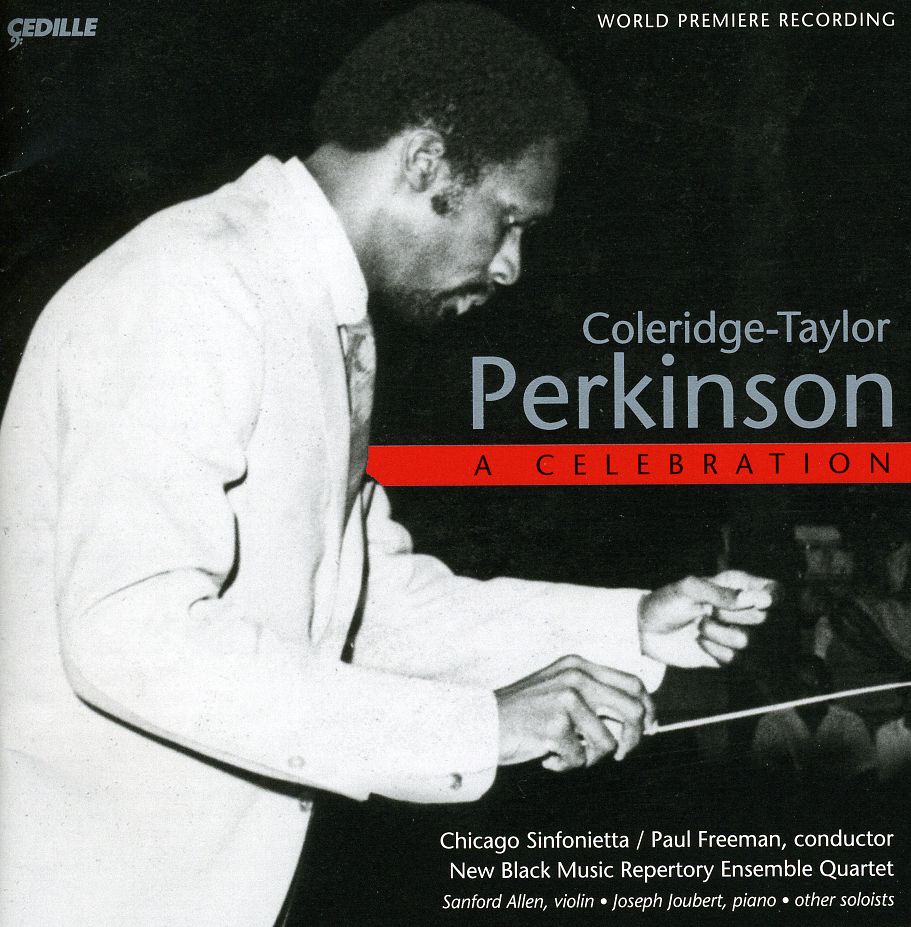
description
0
A meditation on the infinite search for meanings in silence, from Wallis Wilde-Menozzi, the author of The Other Side of the Tiber and Mother Tongue.
We need quiet to feel nothing, to hear silence that brings back proportion and the beauty of not knowing except for the outlines of what we live every day. Something inner settles. The right to silence unmediated by social judgment. Sitting at a table in an empty kitchen, peeling an apple, I wait for its next transformation. For a few seconds, the red, mottled, dangling skin unwinds what happened to it on earth. Wallis Wilde-Menozzi set out to touch silence for brief experiences of what is real. In images, dreams, and actions, the challenge leads to her heart as a writer. The pages of Silence and Silences form a vast tapestry of meanings shaped by many forces outside personal circumstance. Moving closer, the reader notices intricacies that shift when touched. As the writer steps aside, there is cosmic joy, biological truth, historical injustice. The reader finds women's voices and women's silences, sees Agnes Martin's thin, fine lines and D. H. Lawrence's artful letters, and becomes a part of Wilde-Menozzi's examination of the ever-changing self. COVID-19 thrusts itself into the unbounded narrative, and isolation brings with it a new kind of stillness. As Wilde-Menozzi writes, "Reading a book is a way of withdrawing into silence. It is a way of seeing and listening, of pulling back from what is happening at that very moment." The author has created a record of how we tell ourselves stories, how we think and how we know. Above all, she has made silence a presence as rich as time on the page and given readers space to discover what that means to a life.member goods
No member items were found under this heading.
Return Policy
All sales are final
Shipping
No special shipping considerations available.
Shipping fees determined at checkout.







